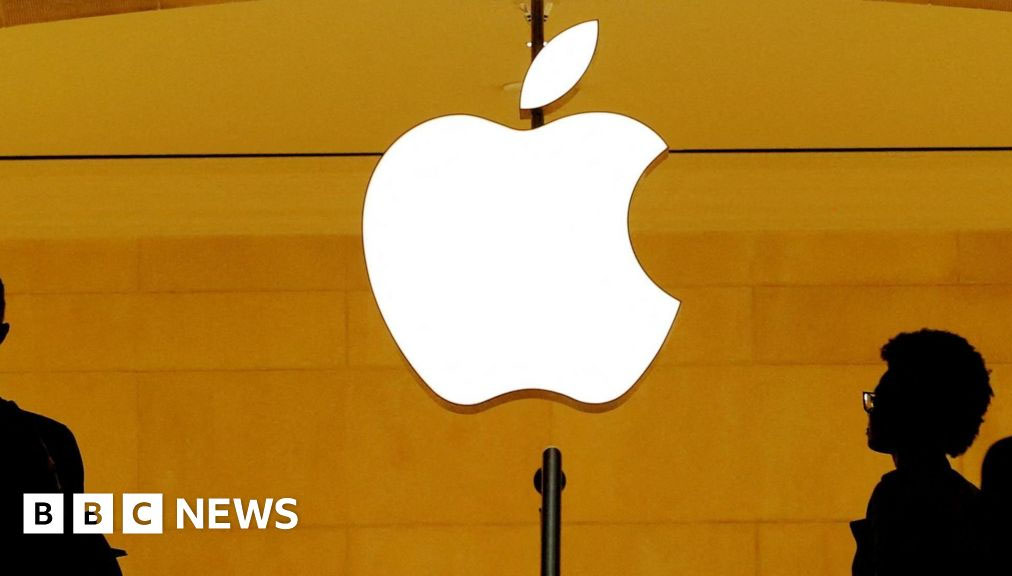
Photo Credit:BBC Business
The European Court of Justice (ECJ) has ordered Apple to pay back €13bn (£11bn; $14bn) in unpaid taxes to Ireland. “The Court of Justice gives final judgment in the matter and confirms the European Commission’s 2016 decision: Ireland granted Apple unlawful aid which Ireland is required to recover,” the court said. The EU Commission accused Ireland of giving Apple illegal tax advantages eight years ago but the Irish government has consistently argued against the need for the tax to be paid back.
The news comes a day after the tech giant released its new iPhone 16 range. This case has never been about how much tax we pay, but which government we are required to pay it to. We always pay all the taxes we owe wherever we operate and there has never been a special deal. Apple is proud to be an engine of growth and innovation across Europe and around the world, and to consistently be one of the largest taxpayers in the world, an Apple representative said.
The ruling means the ECJ has finally upheld the decision issued by the European Commission eight years ago after a lengthy back and forth legal process. The decision covered the period from 1991 to 2014, and related to the way in which profits generated by two Apple subsidiaries based in Ireland were treated for tax purposes. Those tax arrangements were deemed to be illegal because other companies were not able to obtain the same advantages.
The European Commission is trying to retroactively change the rules and ignore that, as required by international tax law, our income was already subject to taxes in the US.
We are disappointed with today’s decision as previously the General Court reviewed the facts and categorically annulled this case," Apple added.
The original ruling came at a time when the Commission was attempting to clamp down on multinational giants whom it believed were using creative financial arrangements to reduce their tax bills. The ruling was overturned by the lower court of the ECJ in 2020, following an appeal by Ireland. That verdict has now been set aside by the higher court, which said it contained legal errors. This means Ireland will have to recover the lost taxes from Apple – something Dublin has spent years of legal wrangling trying to avoid.

















